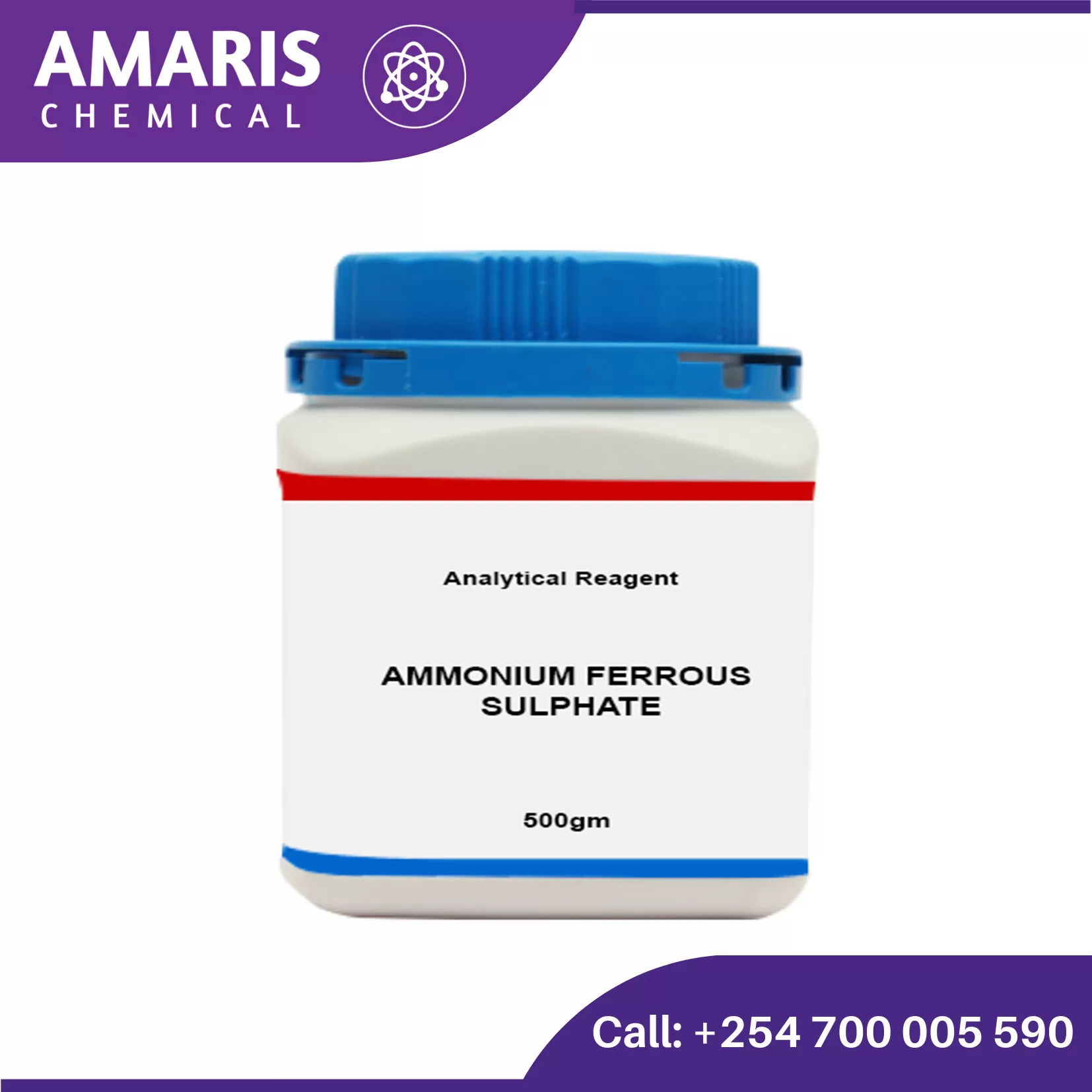Ethyl acetate 99.5% 2.5L
Whatsapp Order
Ethyl acetate is a clear, colorless, and highly flammable liquid with a fruity, sweet smell. It is an organic compound with the chemical formula CH3COOCH2CH3, also written as EtOAc. Ethyl acetate is a common solvent used in a wide range of industrial and laboratory applications, such as in the production of lacquers, varnishes, and adhesives, as well as in the extraction of essential oils and flavors from plants. It is also used as a flavoring agent in food products and as a component of some nail polish removers
Compare
Ethyl acetate has a variety of uses across different industries due to its versatile properties as a solvent, flavoring agent, and intermediate in chemical synthesis. Here are some of the major uses of ethyl acetate:
- Solvent: Ethyl acetate is a common solvent for a variety of substances, including oils, fats, resins, and cellulose acetate. It is used in the production of coatings, adhesives, printing inks, and pharmaceuticals.
- Extraction of flavors and fragrances: Ethyl acetate is used as a solvent in the extraction of natural flavors and fragrances from plant materials, such as fruits, flowers, and herbs.
- Food and beverage industry: Ethyl acetate is used as a flavoring agent in food and beverage products, such as candy, baked goods, and soft drinks.
- Pharmaceuticals: Ethyl acetate is used as a solvent in the production of pharmaceuticals, such as antibiotics, vitamins, and hormones.
- Cleaning products: Ethyl acetate is used in some cleaning products, such as nail polish removers and degreasers.
- Laboratory use: Ethyl acetate is used as a solvent in various laboratory applications, such as chromatography and extraction of organic compounds.
- Polymer production: Ethyl acetate is used as a solvent in the production of polymers, such as polyvinyl acetate and cellulose acetate.
Overall, ethyl acetate’s versatility and mild, fruity aroma make it an important chemical in many industries.






There are no reviews yet.